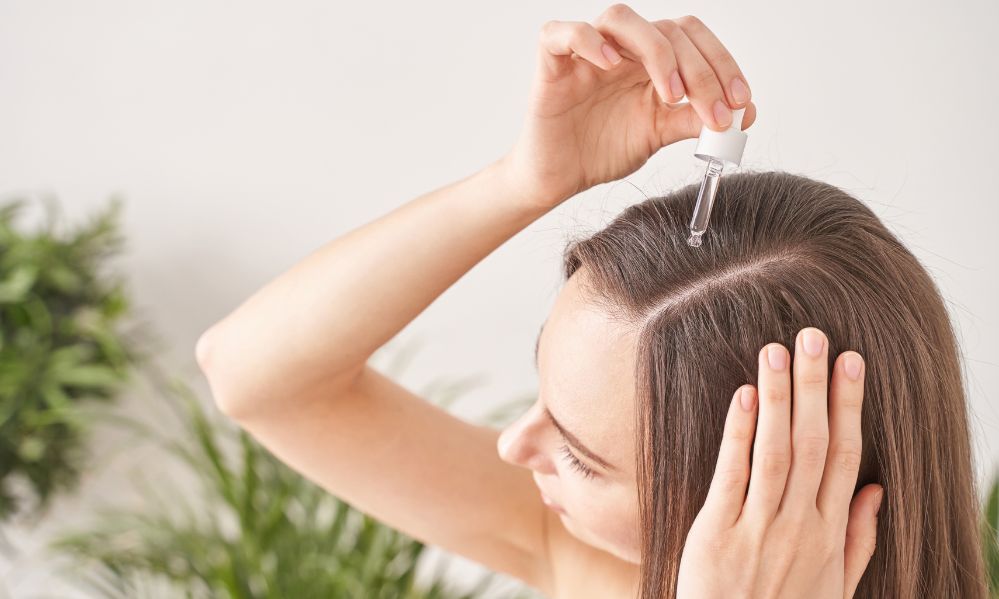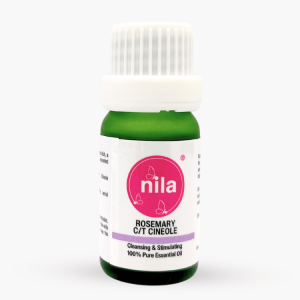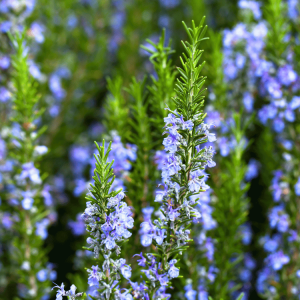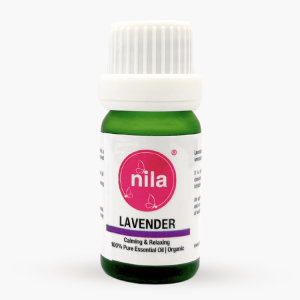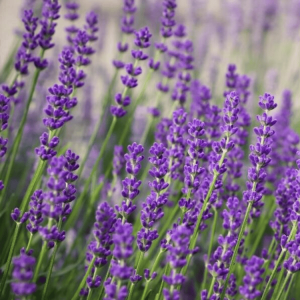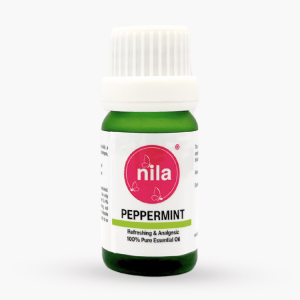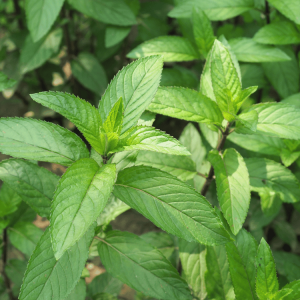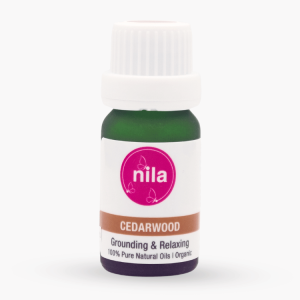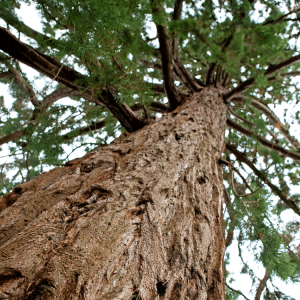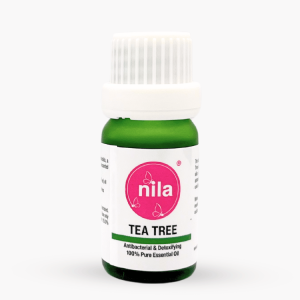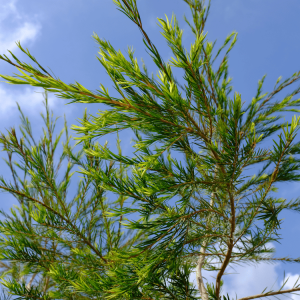Hair loss can be a distressing experience, no matter what the reason or cause is.
For those who suffer from hair loss, there are many different natural approaches that you can use to improve your hair health and begin the journey to regrowing your hair. This can include changing your diet to incorporate nutrient-rich food, lifestyle changes and of course holistic solutions such as aromatherapy.
Using essential oils for hair loss is a gentle yet effective approach to combat hair thinning and promoting healthy and happy hair. Not only can certain essential oils be used to address the physical aspects of hair loss, but by boosting our mood and nurturing our mind and spirit, aromatherapy can also promote a sense of wellbeing, boost your mental health and reduce stress levels. By understanding and leveraging these natural methods, you can say goodbye to hair loss woes and look forward to healthier, more vibrant hair with confidence and optimism.
In this blog post, we will guide you through making a natural, effective and nourishing hair oil using some of the best essential oils for hair growth, as well as different ways to enhance your hair care regime using the therapeutic power of aromatherapy for hair loss.
Hair loss can occur for a variety of reasons, affecting both men and women, and can be temporary or permanent.
Here are some of the most common causes of hair loss:
- Family History: The most common cause of hair loss is heredity. This type of hair loss is a normal part of ageing and is influenced by genetic factors inherited from your parents. As you get older, your hair follices gradually shrink, resulting in shorter, finer hair strands and eventually cease to produce new hair. Men often experience a receding hairline and bald spots on the crown, while women typically have thinning on the top and crown of the scalp.
- Stress: A stressful event, or physical or emotional shock, can lead to hair loss and thinning. This can include surgery, significant illness, traumatic experiences or major life changes like divorce or loss of a loved one. Stress can trigger telogen effluvium, a condition where hair prematurely enters the resting phase and falls out more easily. Hair loss caused by stress is usually temporary, with hair growth tending to resume once the stressor is alleviated and the body returns to a more balanced state. However, chronic stress may sometimes lead to scalp inflammation, disrupting the normal hair growth cycle and exacerbating hair loss conditions
- Hormonal Changes: Hormonal changes due to pregnancy, childbirth, menopause and thyroid problems can impact hair growth. For example, during pregnancy, elevated levels of estrogen can prolong the growth phase of hair; but after childbirth, the sudden drop of estrogen can cause a significant amount of hair to enter the shedding phase, leading to postpartum hair loss.
- Medical Conditions: Medical conditions such as alopecia areata (an auto-immune system condition that causes patchy hair loss) or scalp infections (such as ringworm) can cause hair loss. Even having a fever or illness such as Covid-19 can cause temporary hair loss, which can last for many months even after you have recovered.
- Side Effect of Medication: Cetain medications and drugs can cause hair loss as a side effect. This includes drugs used to treat cancer, arthritis, depression, heart problems and high blood pressure.
- Environmental Factors: Excessive hairstyling, use of harsh hair products or hairstyles that pull your hair tightly can cause hair loss by damaging your hair or leading to dry and brittle hair, thus impeding its growth. This also includes frequent use of heat styling tools like curling irons or blow dryers; chemical treatments like dying or perming your hair; and environmental pollutants which can weaken your hair and cause oxidative stress to your scalp and hair follicles.
Understanding the underlying cause of hair loss is crucial for finding the most effective treatment and promoting hair regrowth. While nothing can reverse hair loss if it is genetic, incorporating natural solutions by using essential oils that are known for their hair growth-promoting properties can help nourish your scalp, improve circulation and create a healthier environment for hair follicles to thrive.
(Back to Top)

